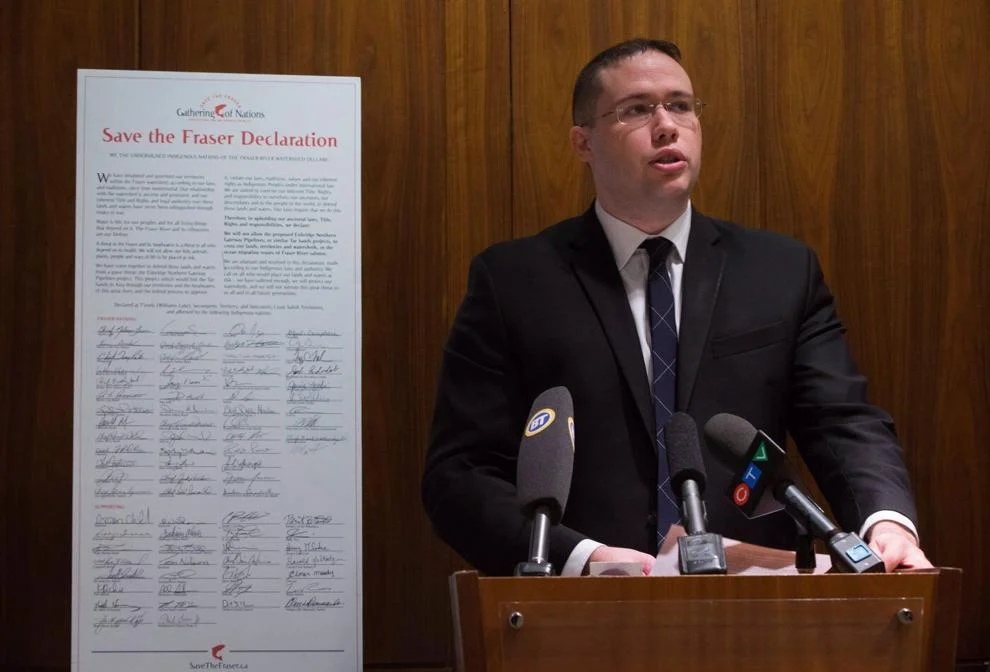A major labor conflict is brewing in British Columbia as the union representing 34,000 public service workers moves toward a strike vote. Months of contract talks have ended without a deal, prompting concerns about staff shortages and service disruptions across the province.
The B.C. General Employees’ Union (BCGEU) says its members are facing growing financial strain. The cost of living continues to rise, but wages have not kept up. Union president Paul Finch says this is causing experienced workers to leave, including wildland firefighters who are essential during wildfire season.
Finch warns that without better pay and updated working conditions, the government could lose more skilled workers. He points to wildland firefighters earning just $28 an hour, a rate he calls far too low for the risks and responsibilities involved in protecting communities.
He also highlights a troubling trend in government staffing. Over the past 15 years, there has been a 52 percent increase in management roles that are excluded from union agreements. At the same time, front-line workers are being asked to take on more tasks without added support.
The failed contract talks focused on several key issues. These included wage increases, job evaluations, and remote work rights. Finch says the union had proposed a two-year agreement with fair raises, especially for lower-paid workers. They also asked for job-specific pay adjustments and converting bonuses into base salaries.
However, the government’s latest offer fell short. The proposal included only a 1.5 percent wage increase in the first year and two percent in the second. According to Finch, this offer did not address the needs of workers. It also ignored requests for telework protections and updates to what the union calls an “outdated” job evaluation system.
In response, B.C.’s Finance Minister Brenda Bailey said the government values its public service employees. She expressed hope that both sides would return to the table and continue negotiations. Bailey emphasized that the best outcomes are achieved through respectful collective bargaining.
Despite this, the union says its members feel left behind. The cost of living in B.C. has climbed steeply, and inflation has eaten into real wages. Many public service workers now struggle to pay for housing, transportation, and basic needs.
Finch argues that boosting wages is not just about fairness. It is also a way to keep services running smoothly. When workers feel supported, they stay in their jobs longer and provide better service to the public. But when pay is low and working conditions are poor, turnover rises, and service quality drops.
Wildland firefighters are a key example. These workers face dangerous conditions, long hours, and high stress. Yet they are among the lowest-paid in the public sector. Finch says this makes it hard to recruit and keep trained staff, especially as wildfires become more frequent and severe due to climate change.
The strike vote is not yet scheduled, but preparations are underway. If a majority of members vote in favor, job action could begin soon after. This could impact a wide range of public services, from environmental protection and public safety to administrative support and emergency response.
The union remains open to returning to the table, but only if the government is ready to make meaningful changes. Finch says his members want to serve the public. But they also need fair treatment, safe working conditions, and pay that reflects their value.
As the possibility of a B.C. public service strike grows, many are watching closely. Workers, officials, and residents alike are hoping for a resolution — one that protects both the people delivering services and the communities that rely on them.

